[NIGERIA AT 65] ETHNICISATION OF POLITICS: THE TICKING TIME BOMB
Ethnic jingoists masquerading as nationalists continue to poison the political space and are threatening the nation’s very existence
At independence in 1960, Nigerians dreamed of a nation where the diverse and numerous ethnic nationalities would be bonded into a strong and powerful unit. The catch phrase was ‘unity in diversity.’ Today, that dream lies in tatters, shredded by ethnic fault lines, mistrust, suspicion, scapegoating, and political tribalism.
For nationalists like Dr Nnamdi Azikiwe, Sir Ahmadu Bello, and Chief Obafemi Awolowo, ethnicity was an undercurrent, not a cudgel. Leaders differed, yet maintained a fragile consensus. Political identities once revolved around ideology not origin. That era now feels like an ancient occurrence.
In the beginning
Ads by
Before independence, Lagos was a political melting pot. Non-natives like Dr. Azikiwe held sway in the city. Politics was shaped more by policy and performance not ethnicity, and Nigeria appeared headed in the right direction.
It was the era when Chief Awolowo backed Ernest Ikoli, an Ijaw, to beat Samuel Akinsanya, a Yoruba supported by Dr Azikiwe in the 1938 legislative council election in Lagos. It was the period that Mallam Igwe Iweka, an Igbo won an election into the Northern House of Assembly. In the 1950s, Umaru Altine, a Fulani Muslim from Sokoto, was twice elected Mayor of Enugu, a predominantly Igbo city. He wasn’t a local but he won and was re-elected and he served with distinction. It was a powerful signal that competence could override tribe or religion. And Professor Eyo Ita, an Efik from Cross River was the head of government business in the Eastern Region with headquarters in Enugu between 1951 and May 1953.
Origins of ethnic politics
The Western Region crisis of the 1950s, arguably, marks the beginning of ethnic politics in Nigeria. In the 1951 Western House of Assembly elections, the National Council of Nigerian Citizens, NCNC, led by Dr. Azikiwe, an Igbo, had gained a foothold with 43 seats compared to 37 seats won by the Chief Awolowo-led Action Group, AG. Both Azikiwe and Awolowo won seats. While Azikiwe won from Lagos, Awolowo from Ogun.
Given the prevailing parliamentary system of government, the NCNC, upon inauguration of the House, was to form the government while the AG would serve as opposition.
However, a day or two after the election, the AG lobbied some Yoruba members of the NCNC and other members-elect. On inauguration day, before officials embarked on the exercise, 20 NCNC members and six others from the Ibadan Peoples Party, IPP cross-carpetied to the AG, shooting its members to 57 while NCNC’s depleted to 23. Till date, that event, surreptitiously engaged with sartorial flamboyance in Ankara group dressing in solidarity, handed the AG a majority, which made it to form the cabinet with Chief Awolowo as premier while Dr Azikiwe became the leader of opposition in Western Region.
Uncomfortable with the arrangement, Dr Azikiwe returned to the East in 1952 where Eyo was head of government business, an equivalent of premier. The NCNC-dominated Eastern Assembly tried to accommodate Azikiwe and asked ministers to resign. Resistance to the order caused a crisis, and the Governor dissolved the Assembly.
A new election was held and Azikiwe won a seat for Onitsha and became a chief minister. He was to become premier in 1954. The move upstaged Eyo Ita, causing misgivings among eastern minorities. Ever since, ethnicisation of politics has been gathering momentum in the country, and getting worse over time.
The 1960s ushered in turbulence. The Western Region crisis of 1962, the 1966 coups, and the Biafran War (1967–70) left deep ethnic wounds. Nigeria increasingly looked less like a nation and more like warring nationalities.
Military regimes, claiming neutrality, often deepened ethnic mistrust. Favouritism in appointments and resource control entrenched resentment. When democracy returned in 1999, the divisions remained intact and festered despite claims and pretensions.
In April 2015, the temperature flared again. Oba Rilwan Akiolu, the Oba of Lagos, speaking ahead of the governorship polls, allegedly threatened to “throw Igbo into the lagoon” if they didn’t support his preferred candidate. Though later dismissed as banter, the damage lingered, deepening ethnic suspicions.
2015 critical turn
The 2015 election marked a critical turn. President Muhammadu Buhari’s emergence, backed by northern and southwestern blocs, was seen in parts of the South-East and South-South as marginalisation by the core North and South-West axis.
Critics of the Buhari administration decried perceived nepotism – northern Muslims dominated key security and executive positions. Ethnic temperature spiked. Separatist groups like the Indigenous People of Biafra, IPOB, gained traction. Calls for restructuring and self-determination echoed louder from the Middle-Belt to the Niger Delta but nothing prepared Nigeria for what 2023 would unleash.
Ethnic fault lines fully exposed
The 2023 general elections laid bare a dangerous reality: Nigerian politics is now highly ethnicised, threatening national cohesion and development.
The 2023 presidential election saw a major third force – Peter Obi of the Labour Party, LP challenge the two political giants, All Progressives Congress, APC, and Peoples Democratic Party, PDP. Obi, an Igbo Christian, rode on a wave of youthful, urban, tech-savvy support. His candidacy was seen as a bold break from the old order.
Senator Bola Tinubu, Yoruba Muslim and APC stalwart, was backed by entrenched political structures in the South-West, and parts of the North, especially North-West.
What should have been a battle of ideas quickly degenerated into an ethnic mud fight. Obi’s supporters were smeared as “IPOB,” “tribalists,” and “Biafrans”. Tinubu’s base was accused of Yoruba irredentism and voter suppression. Though there were voices of reason among tribal leaders who stood with opposing candidates, they were quickly labeled as betrayers of common bond.
The Lagos governorship election that followed became a keg of gun powder widening deep-seated ethnic tensions between the Igbo and Yoruba. Election day brought reports of voter intimidation, targeted violence, and hate speech. The illusion of Lagos as a model of national unity cracked.
Online, the divide was even more toxic. The slurs were disgraceful as Obi’s followers were described as “Obidiots” and, and Tinubu’s called “Jagabandits”. They hurled accusations of tribalism, betrayal, and revisionist history.
Way forward
Ethnic politics is an existential threat. In a nation of over 250 ethnic groups, sustained tribal competition will lead to state failure because it erodes meritocracy, fuels corruption, and discredits national institutions. When appointments, contracts, and opportunities are tied to ethnicity instead of competence, failure becomes systemic.
More dangerously, it alienates large segments of the population. When “it’s our turn” replaces “what’s best for all,” resentment festers. Unity becomes transactional instead of organic.
The country must begin to de-emphasise ethnic identity and re-emphasise inclusivity, competence, and justice.
True federalism, power rotation, and constitutional safeguards can help. But structural fixes are not enough. A cultural shift is vital.
Political parties must become truly national not ethnic enclaves. The media must stop amplifying ethnic narratives. Civil society must lead a new conversation. Religious and traditional leaders must preach inclusion not division.
More importantly, young Nigerians must reject the ethnic bait. The promise of a united Nigeria lies not in zoning or “turn-by-turn” politics but in shared prosperity, equal opportunity, and mutual respect.
With the ethnic bitterness spewed by the 2023 polls, Nigeria now stands at a crossroads: continue down the path of ethnic balkanisation or return to the vision of unity in diversity that birthed independence. The path Nigerians will take will be seen with time.
It is a shame that at 65, rather than exorcise the ghost of ethnic politics, some irresponsible politicians are baying for blood with their actions and unguarded utterances.


![[NIGERIA AT 65] ETHNICISATION OF POLITICS: THE TICKING TIME BOMB](businessblog_img/info@vimtechafrica.com.ng_Tthem.webp)


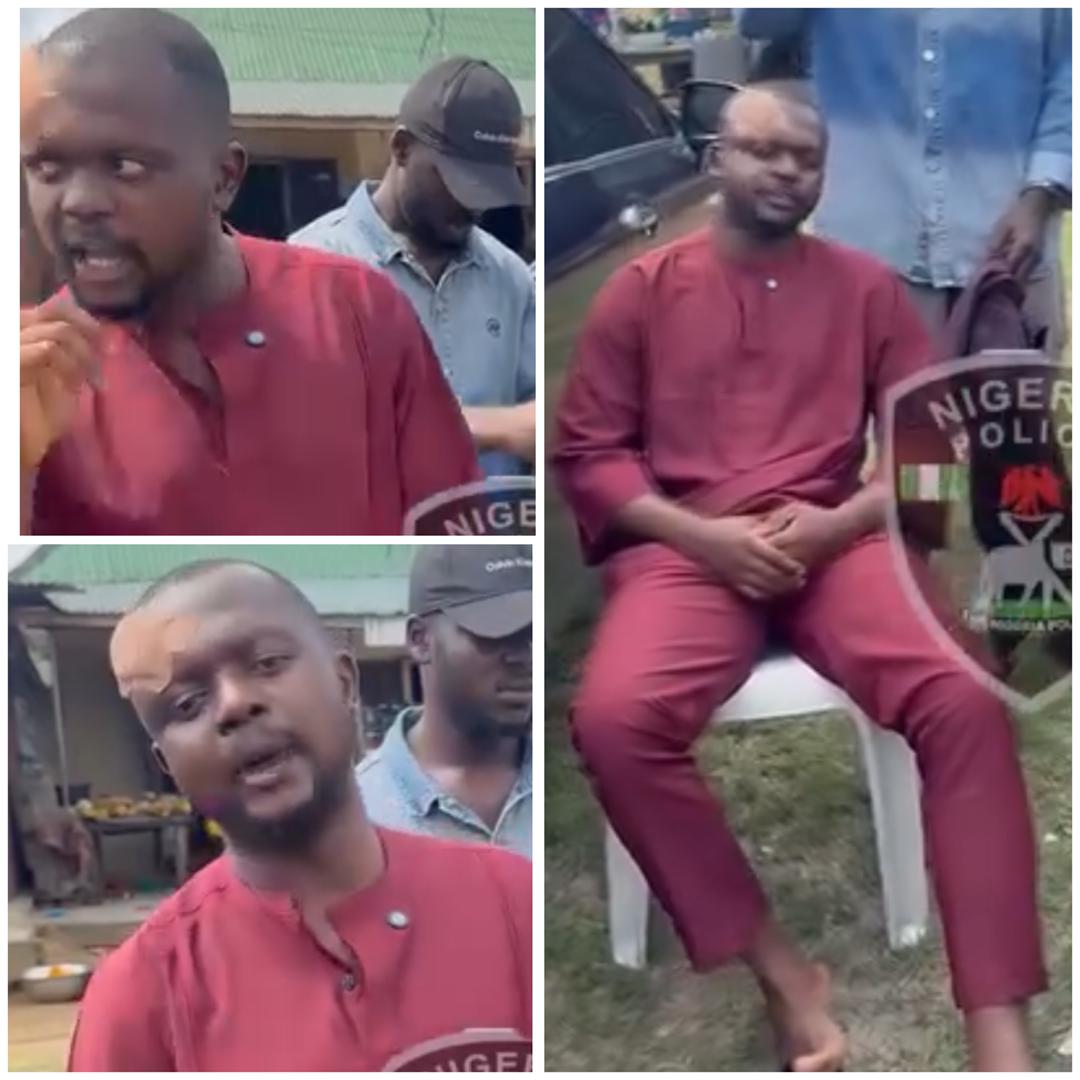
.jpeg)
 (1).png)
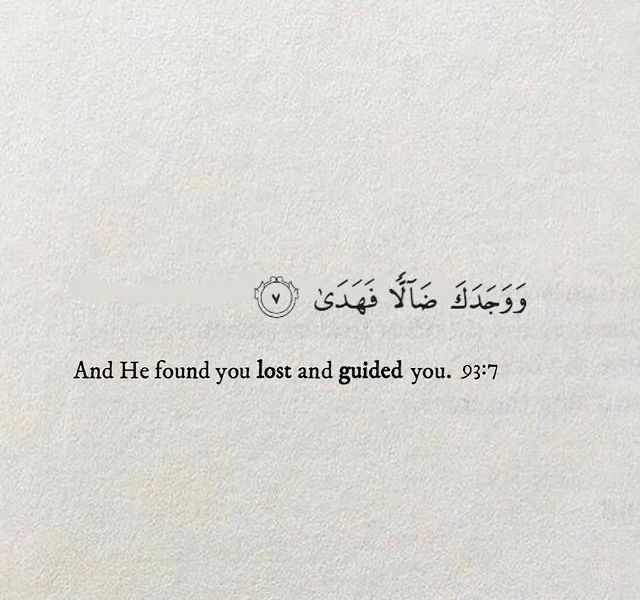


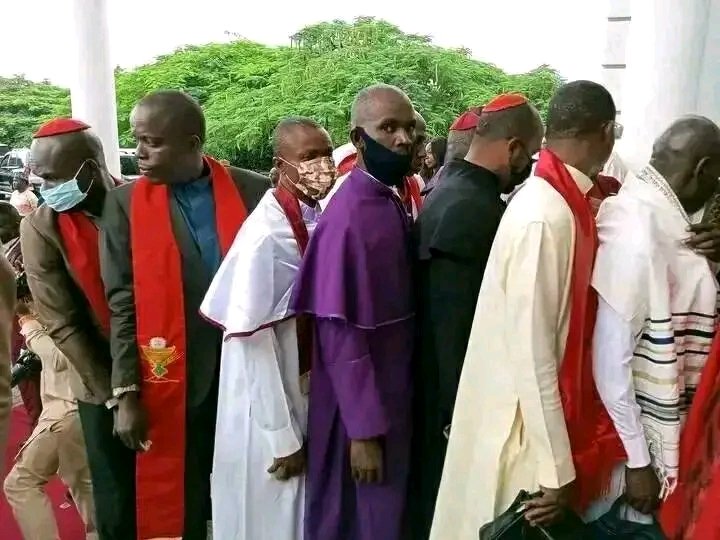
.png)
.jpeg)



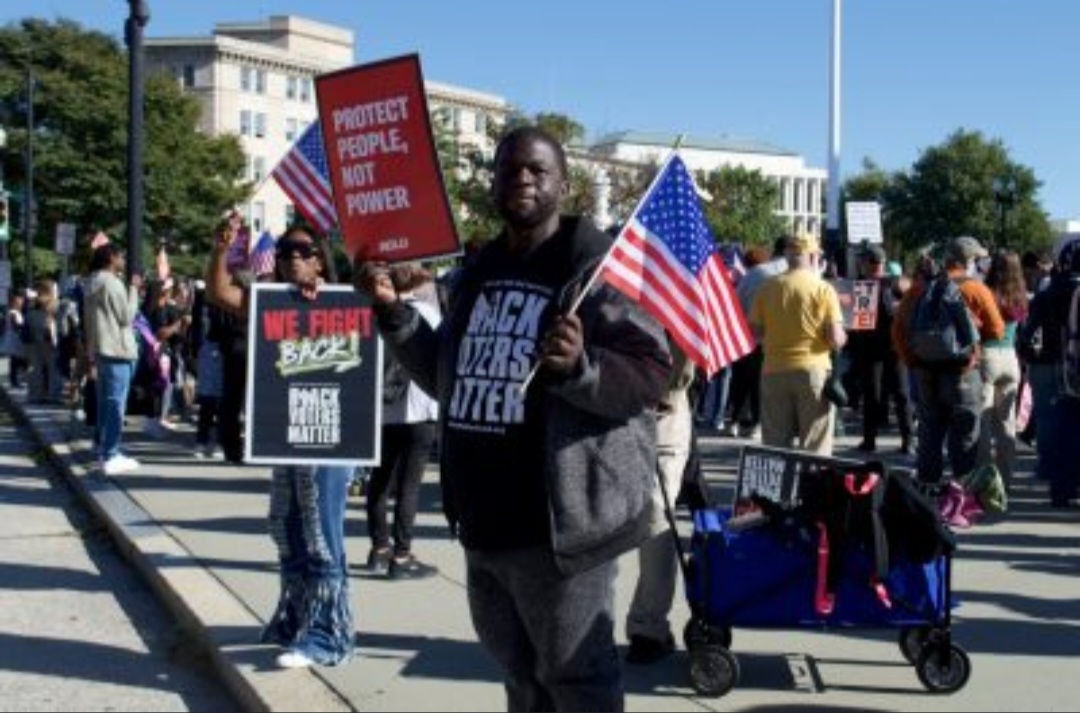




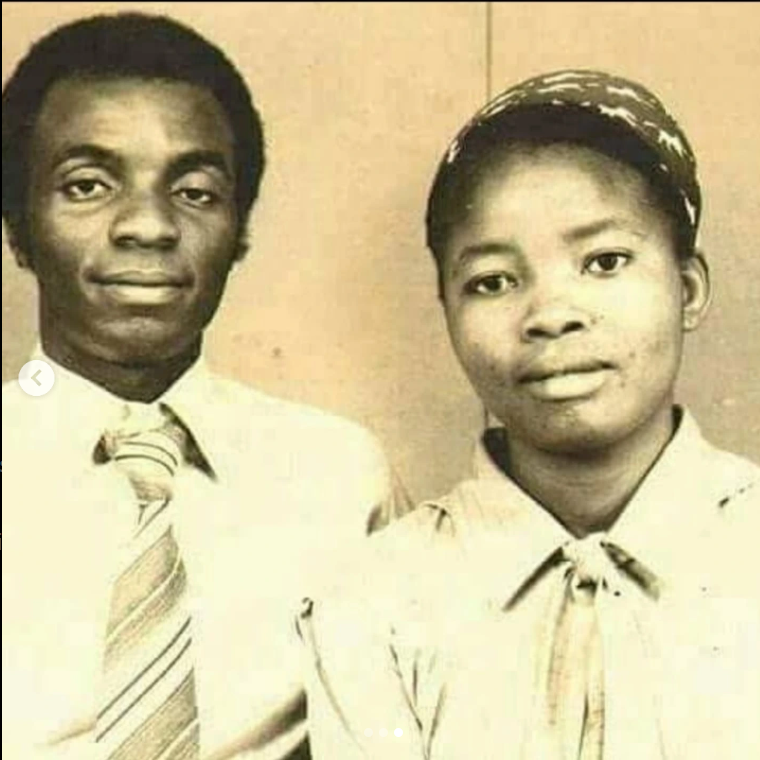








.jpeg)
.webp)



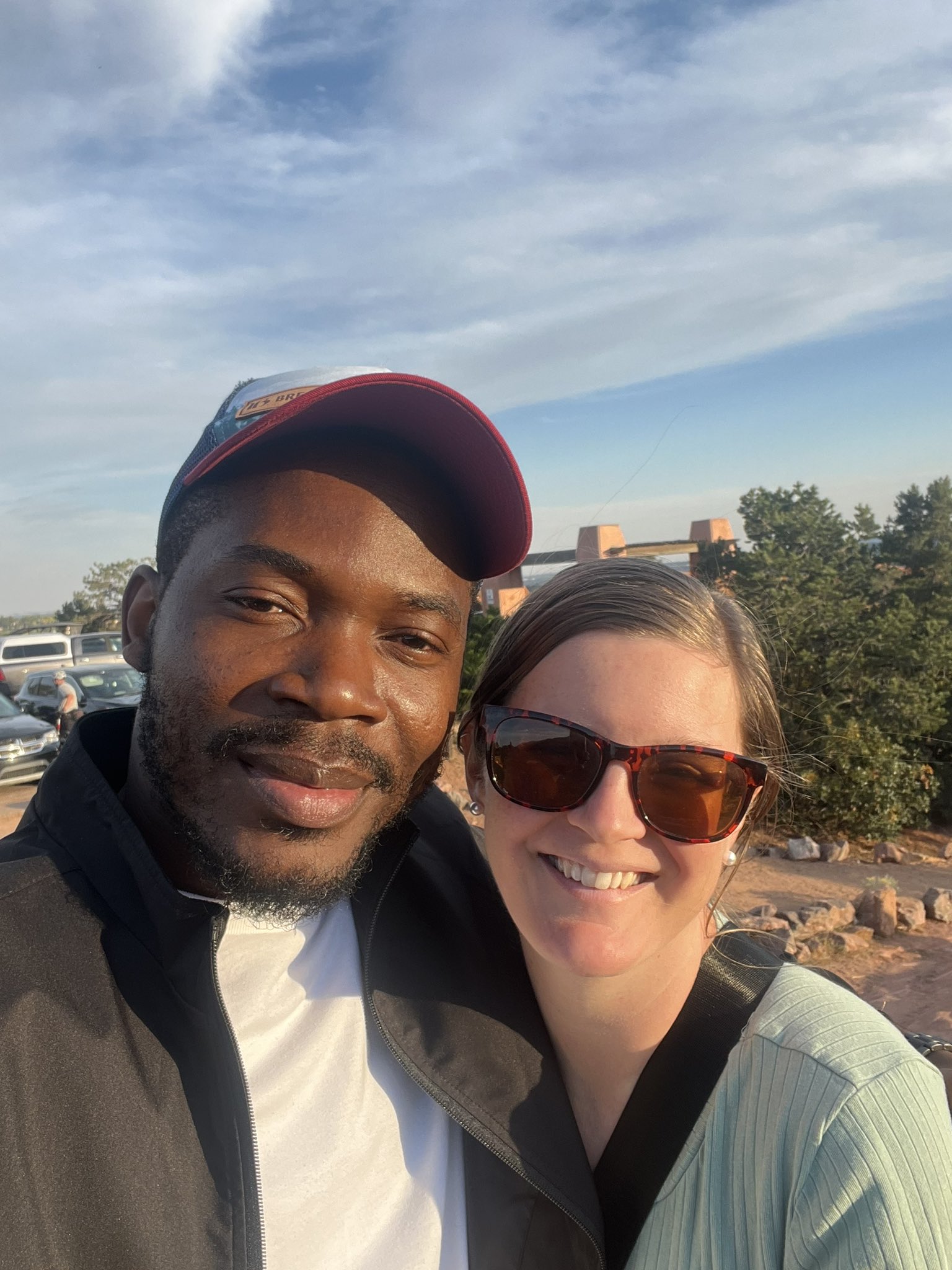




(0) Comment
(0) Comment